Hydraulic Power Units (HPUs) – Compact Powerhouses for Industrial Efficiency
Hydraulic units, often referred to as hydraulic power packs or HPUs, are highly engineered systems that generate, control, and distribute hydraulic energy to operate a wide range of industrial machinery and mechanical equipment. By converting mechanical input into hydraulic power, these units deliver the high force and precision required in industries such as manufacturing, construction, aerospace, and automation.
Core Components of a Hydraulic Power Pack
An efficient hydraulic power unit is composed of several integrated components that work together to provide reliable power output:
-
Reservoir: Stores hydraulic fluid used for energy transfer and cooling
-
Pump: Pressurizes the fluid and creates flow within the system
-
Electric or Diesel Motor: Drives the pump
-
Filters: Eliminate contaminants to maintain fluid quality and prevent wear
-
Valves and Actuators: Control flow direction and convert fluid power into mechanical motion
Each component must be carefully selected and configured to suit the demands of the intended application.
Key Design Factors in Hydraulic Power Unit Engineering
Designing a reliable and efficient hydraulic unit involves evaluating multiple critical parameters:
-
Flow Rate: Determines how much fluid is delivered per unit of time, affecting system speed and efficiency
-
System Pressure: Defines the maximum force that can be applied by the hydraulic system
-
Fluid Viscosity: Impacts flow characteristics and internal friction—critical for pump efficiency
-
Pump Type: Gear, vane, or piston pumps must be chosen based on pressure and flow requirements
-
Control Systems: Manual, proportional, or electronic controls tailored to system complexity
-
Operating Environment: Temperature, humidity, and contamination risks influence material and design choices
Selecting the right configuration ensures maximum uptime and energy efficiency across all operations.
Preventive Maintenance: Ensuring Longevity & Reliability
Regular preventive maintenance is key to avoiding costly breakdowns and extending the life of your hydraulic power system. Essential maintenance practices include:
-
Monitoring fluid levels and topping up as needed
-
Inspecting and replacing filters to prevent system contamination
-
Checking pump and motor function for vibrations, overheating, or noise
-
Examining seals and hydraulic hoses for leaks or signs of wear
-
Testing actuators to confirm smooth and responsive movement
A structured maintenance schedule not only reduces downtime but also improves operational safety.
Advantages of Hydraulic Power Units
Hydraulic power packs offer numerous advantages that make them the go-to solution for energy delivery in demanding industrial applications:
-
High Power Density: Compact systems capable of producing significant force with minimal footprint
-
Precision Control: Enables fine-tuned adjustment of speed, position, and force—ideal for automation
-
Consistent Output: Maintains reliable performance under variable loads and operating conditions
-
Versatility: Adaptable to power construction machinery, robotic arms, injection molding machines, and more
-
Customizable Design: Can be tailored to match specific machinery, environmental needs, or industry regulations
Industrial Applications
Hydraulic power units are widely used across industries such as:
-
Construction – Powering heavy equipment like excavators, cranes, and loaders
-
Automotive & Aerospace – Providing precise motion control in assembly lines and test equipment
-
Manufacturing – Operating hydraulic presses, stamping machines, and conveyors
-
Energy & Mining – Powering drilling rigs, crushers, and handling systems
-
Water & Waste Management – Driving gates, valves, and hydraulic actuators
Conclusion
A well-designed and properly maintained hydraulic power unit is the backbone of any system that requires high-performance, consistent, and flexible energy delivery. Whether you’re optimizing a production line or automating a heavy-duty process, HPUs offer unmatched power density, reliability, and customization to meet your specific industrial needs.

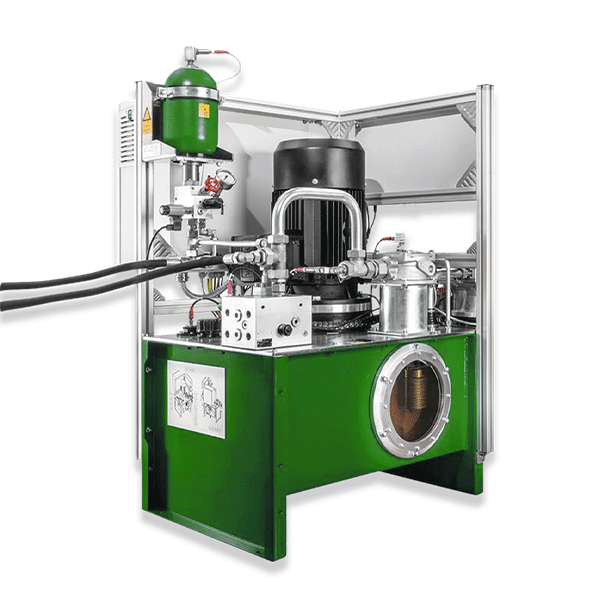
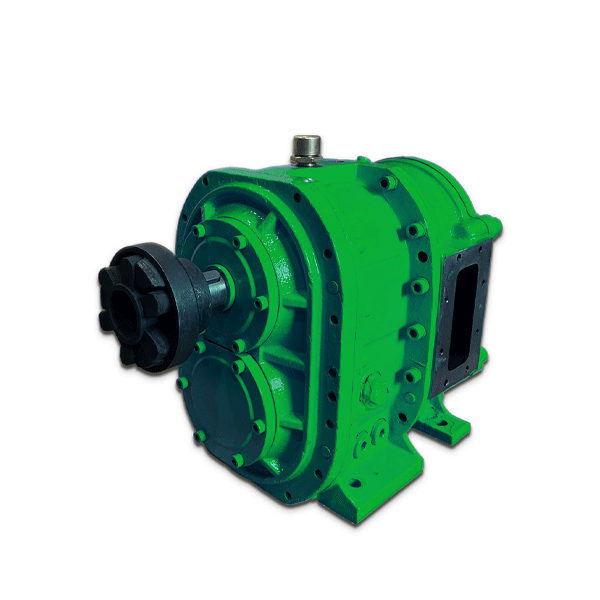
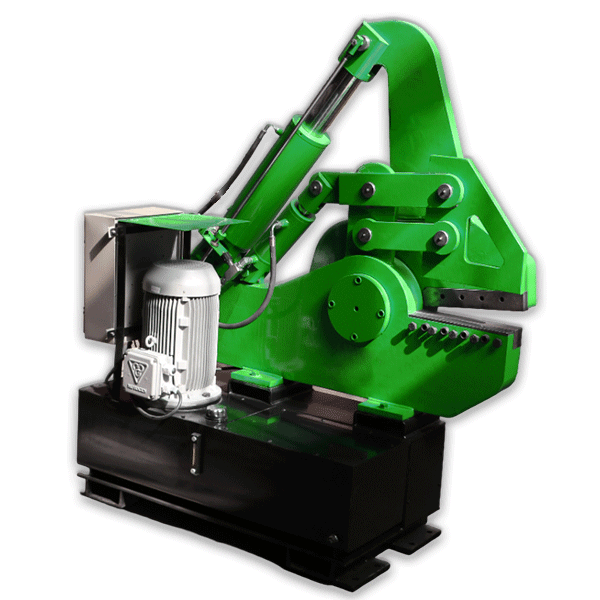
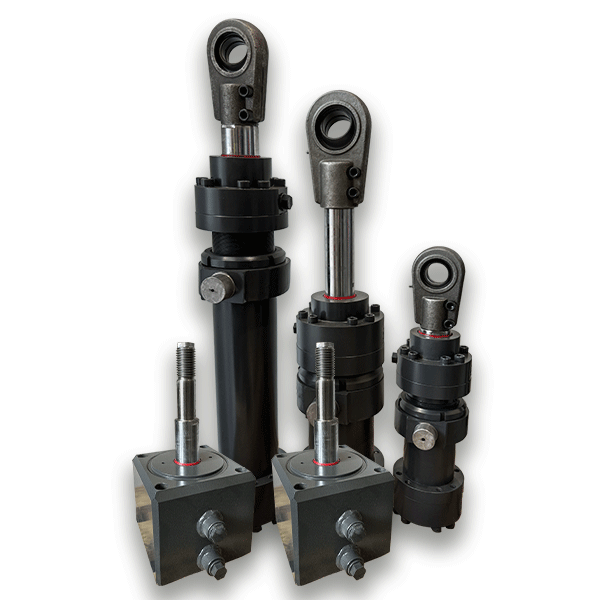
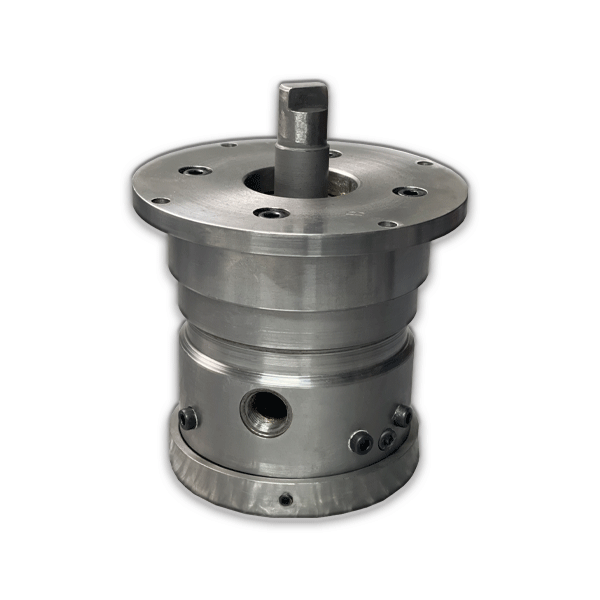
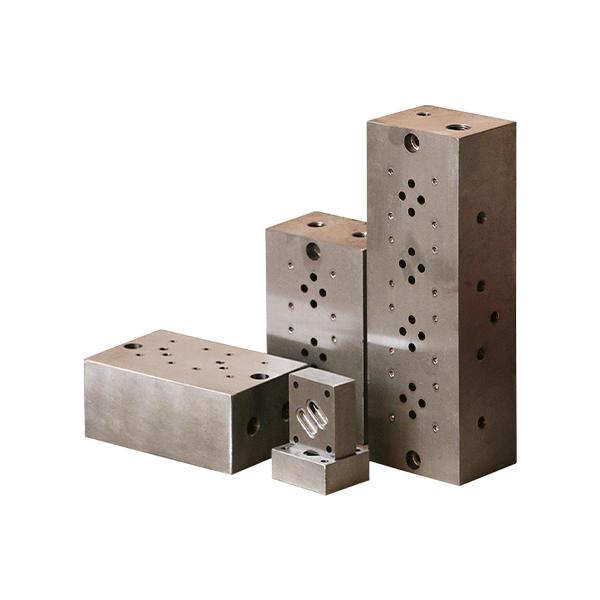
Reviews
There are no reviews yet.